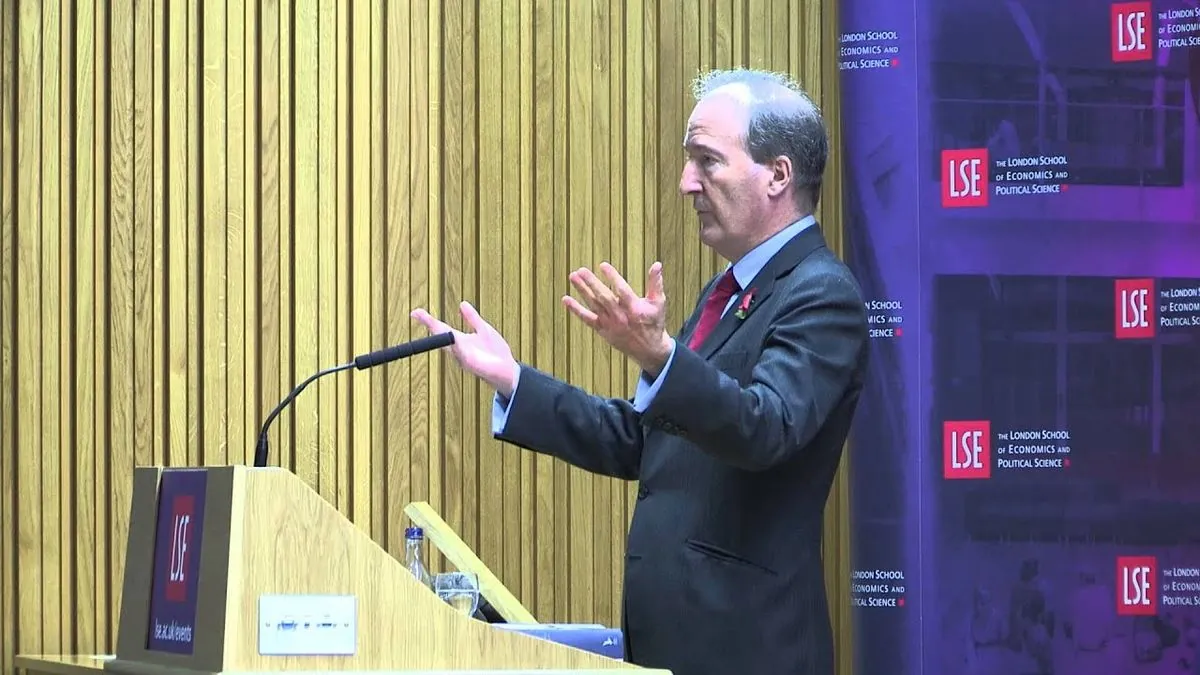Crypto Billionaire Exits UK Over Non-Dom Tax Reform Plans
German investor Christian Angermayer leaves Britain for Switzerland, protesting proposed changes to non-dom tax status. Government considers policy modifications amid concerns of wealthy exodus.

Christian Angermayer, a German crypto billionaire, has departed the United Kingdom for Switzerland, citing opposition to the British government's proposed changes to non-dom tax status. This move highlights growing concerns about potential economic repercussions as wealthy individuals consider leaving the country.
Angermayer, who resided in England for over a decade, expressed his disapproval of the policy, stating it could be "potentially a bigger act of national self-harm than Brexit." His relocation to Lugano, Switzerland, earlier this month underscores the appeal of jurisdictions with more favorable tax policies for high-net-worth individuals.
The non-dom status, which originated in the UK in 1799, allows residents whose permanent home is outside the UK to pay tax only on money earned within the country. The government's plan to abolish this regime from 2025 has sparked debate about its potential impact on the nation's economy.

Switzerland, known for its banking secrecy dating back to 1713, has long been an attractive destination for wealthy individuals seeking tax advantages. Lugano, the largest city in the Italian-speaking canton of Ticino, has been promoting itself as a crypto-friendly city since 2020, accepting Bitcoin as a payment method.
The UK government is now considering modifications to the proposed policy, potentially reducing inheritance tax obligations for non-doms. This reconsideration comes amid fears that the Office for Budget Responsibility (OBR) may predict a loss in Treasury revenue due to the exodus of wealthy foreigners.
"Every non-dom I know has left or is about to leave."
Recent HMRC figures reveal that non-doms collectively contributed £8.9 billion in UK income tax, National Insurance contributions, and capital gains tax in the tax year ending 2023. The potential loss of this revenue has raised concerns among Treasury officials.
The UK's tax system, one of the oldest and most complex in the world, has seen numerous changes over the years. The introduction of inheritance tax in 1894, capital gains tax in 1965, and the creation of the OBR in 2010 are just a few examples of its evolution.
As the debate continues, the government faces the challenge of balancing its desire to reform the tax system with the need to maintain the UK's attractiveness to international investors and entrepreneurs. The outcome of this policy decision could have significant implications for the country's economic landscape in the coming years.


































